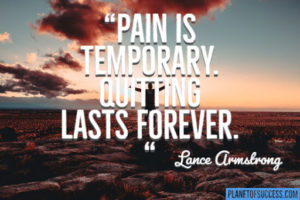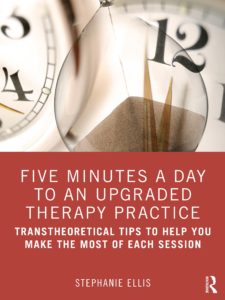
Untamed Brains (ADHD)
That’s a term I got from my cool, wise kids!! It just popped into our conversation, and I love it. I love it in all the ways – it speaks to me about creativity and dream work and many more things. In fact, I love it in so many ways, I’m going to start a new tag for it, because I see now that it’s going to come up a lot. Today, I specifically love it in the way that ADHD can be a GIFT, not a diagnosis.
Now look, ADHD is not always a gift. It’s not mostly a gift. Not in this world. It can be a hot disaster, and I don’t want to diminish that experience AT ALL. It does require accommodation. It is exhausting. It’s not a “superpower,” despite some of the messaging that’s popular now, at least not all the time. (My kids also recently engaged me in an insanely well-thought-out discussion about how all superpowers seem to also be or have super-weaknesses, at least if they’re real. Like how if you can turn invisible, you should also be blind, because your retinal cells wouldn’t have the capacity to register the light because the light would be passing through them. Yes, My kids are 11 and 9.)
Ok, back on track! Once the “weakness” part ahs been managed – and YES, that’s necessary and it might also be an ongoing thing forever – and people have learned how to place themselves in environments where they can thrive and strategies to help them do so…
Examples of some ADHD “traits” that can be a little magical (in general, or in the right light!) include (Sedgwick et al., 2019):
- Cognitive dynamism (divergent thinking, hyperfocus, “flow,” inquisitiveness, creativity, curiosity, originality, ingenuity)
- Courage (non-conforming, adventurousness, bravery, integrity, persistence, spontaneity, staying an indvidual)
- Energy (“spirit,” psychological energy, physical energy, “drive”)
- Humanity (social intelligence, humor, self acceptance, recognition of feelings)
- Resilience (self regulation, flexibility, adaptability, sublimation/reframing of “weaknesses” into strengths)
- Transcendence (appreciation of beauty and excellence, awe, wonder)
Personally, a supervisor once enlightened me… those “tangential thoughts” that come up in therapy sometimes – they might be tangents, and they might initially seem TOTALLY unrelated to what’s going on with the client at that moment, but give them a chance sometimes. Even if your brain is running a little faster or a little more “untamed” than the client’s, that doesn’t mean it’s actually random. You still have neurological networks, you know. So, see what comes up – it might surprise you with just how relevant it is. (You know, and also don’t run amok with a session, please!)
Side note, and this is not on the “untamed” side, but people who grow up with and have to learn to manage ADHD also wind up with a lot of awesome gifts from that process and struggle. Not everyone develops the same ones, but incredible perseverance, realistic self compassion, and whole host of organizational and self management skills are typical!
Comment below: Any therapists with ADHD out there? Has it ever been helpful?
Sedgwick, J. A., Merwood, A., & Asherson, P. (2019). The positive aspects of attention deficit hyperactivity disorder: a qualitative investigation of successful adults with ADHD. Atten Defic Hyperact Disord, 11(3), 241-253. doi: 10.1007/s12402-018-0277-6.


